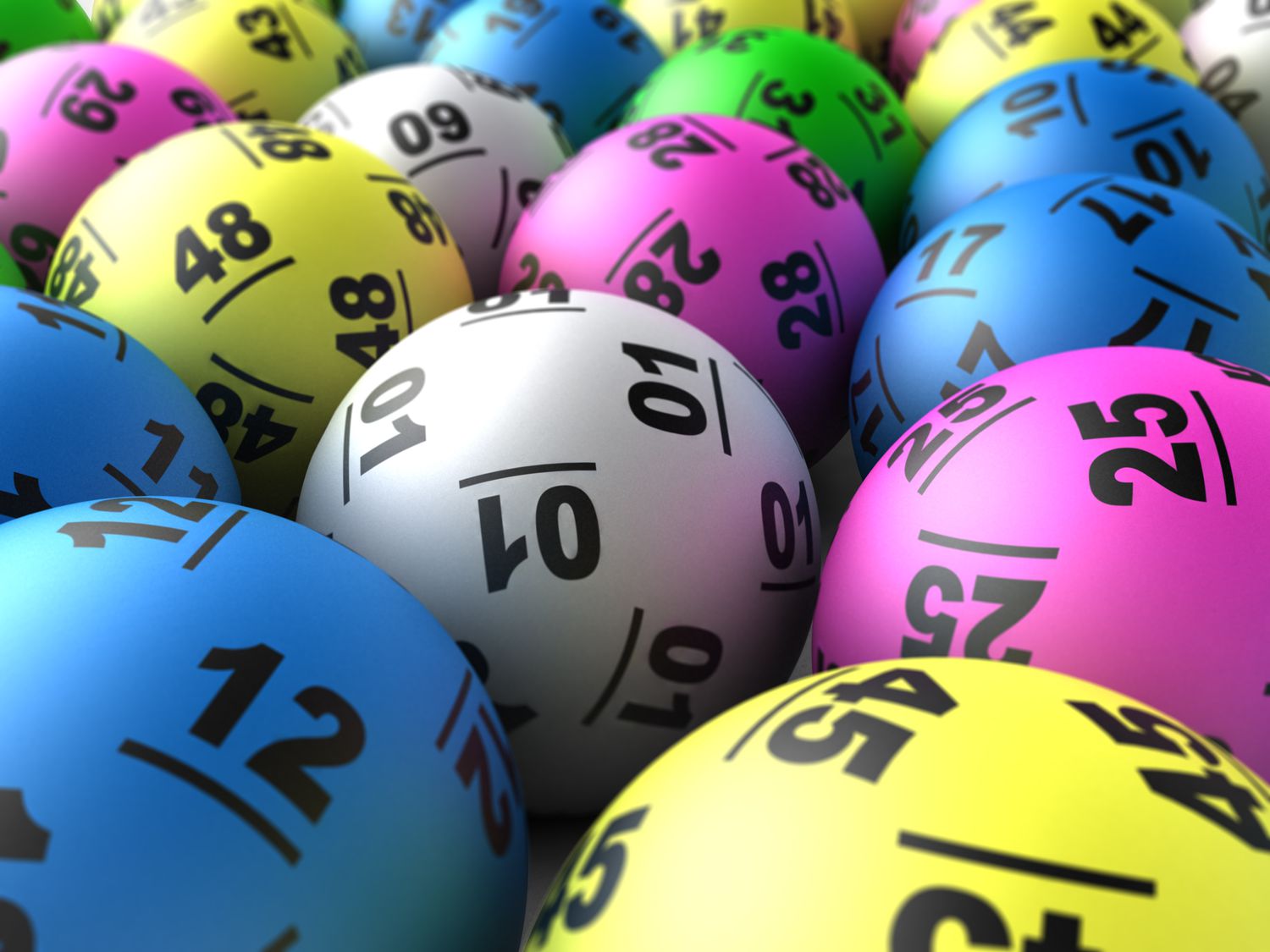
A lottery is a procedure for distributing something, usually money or prizes, among a group of people based on chance. It may be considered a form of gambling, although some governments outlaw it and others endorse it to the extent of organizing state or national lotteries. Lotteries are also used to select jurors and military conscripts. They are a common method of raising funds, such as for municipal projects or disaster relief. Modern lotteries also serve as a form of recreation for some individuals.
Most people who play the lottery are aware that their odds of winning are long. They also know that they have a strong urge to gamble, which is why they continue to purchase tickets even though their chances of becoming rich are slim. The problem is that a sudden influx of wealth can change a person’s lifestyle and lead to bad decisions.
It is not surprising that some lottery winners are unable to handle their newfound wealth. Many of them are not careful with their money and end up losing it all. Some even become criminals. Fortunately, there are ways to avoid these mistakes.
To improve your chances of winning the lottery, choose numbers that are not close together and avoid those that end with the same digit. You can also join a lottery group and pool your money to purchase more tickets. Another important thing to remember is that the lottery is a numbers game and a patience game. Gambling has ruined many lives, so always manage your money carefully and never spend your last dollars on lottery tickets.